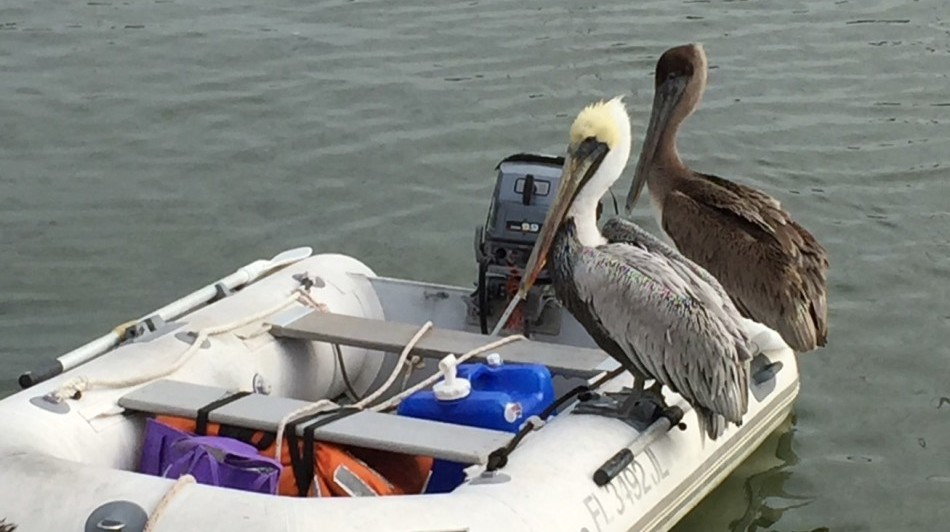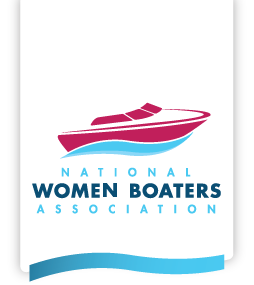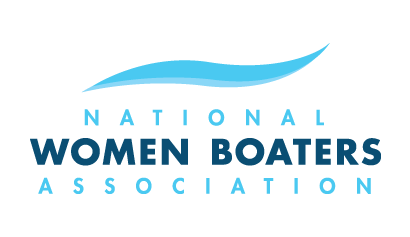
Lots of people want to boat, but don’t know how they are going to afford it. We came up with these tricks of cheaper boating that could lead to getting you out on the water this season!
7 Secrets of Boating on a Budget:
1) Shorter Boat – A smaller boat requires less power and therefore less fuel to run. Many charges are based on the length of your boat. A boat surveyor partially bases charges on a per foot basis. If you are docking at a marina, the dock fee is based on length. It takes more materials to clean a larger boat
2) Lighter Boat- If the boat is lighter, it will require less power. This means a smaller, less expensive engine. Less fuel would then be the result of a lighter boat with smaller engine. Obviously, the type of boating will have an impact on what type of boat you want (i.e. bowrider for day trips, cruiser for overnights, fishing boat). The load, number of passengers and often number of seats effect weight.
3) Trailering- Dock fees can be expensive. Storage is cheaper than dockage, but the cheapest is always storing on your own property and trailering to a local boat ramp.
4) Engine Type – This choice depends on the type of boat and depends on what you prefer. Most boats with lots of seating have an inboard/outboard engine that allows for more deck space. An inboard engine is similar to a car engine and therefore mass produced, allowing for less cost per horsepower. Replacement of either engine, if they fail is expensive, however, an outboard will likely require less labor to replace. Because many boats with outboards are light, the minimal horsepower appropriate is much lower and therefore the size of the engine is smaller and less expensive.
5) Fuel Efficiency- Most four stroke outboard engines tend to be more fuel efficient than two stroke outboard engines, but often they are more expensive up front when purchased. Whether inboard, I/O (inboard/outboard) or outboard, the fuel efficiency is dependent on many factors including the type of engine, size of engine, how the engine size matches up to the boat weight and how the engine is maintained and run.
6) Maintenance – Fixing problems with an outboard tend to be less expensive because all the engine parts are readily accessible. The winterizing of an outboard engine is simpler and could even be done by the owner
7) Frequency of Use- Of course, the more you use your boat, the more you’ll spend. Many people don’t realize but an engine does need to be run on occasion to keep it in the best condition, so never running it can hurt the boat’s function and may cause you to have increased maintenance costs.


